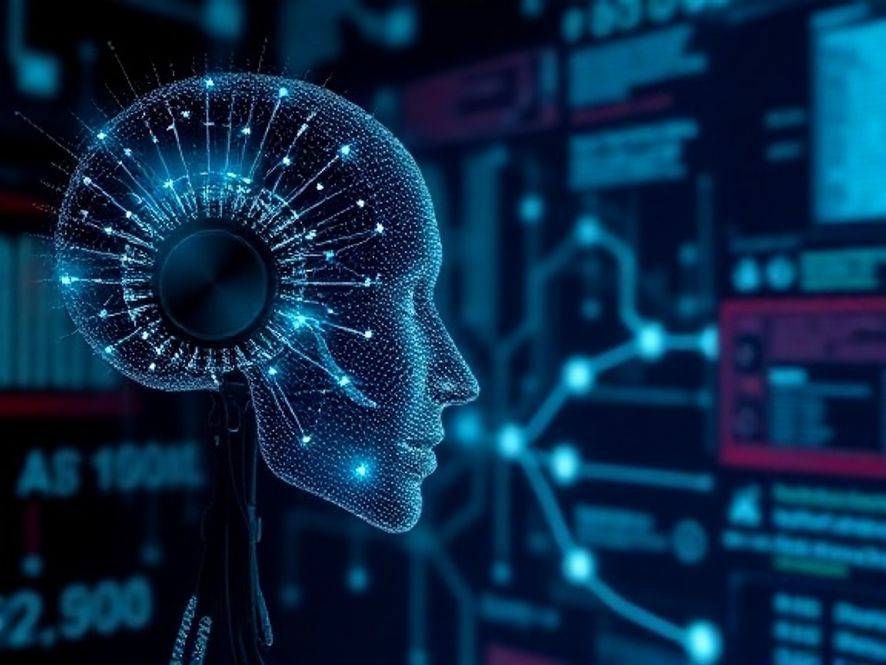Understanding AI Optimization
AI Optimization refers to the process of enhancing the performance and efficiency of artificial intelligence systems. This includes improving algorithms, reducing computational costs, and ensuring the effective use of data to achieve desired outcomes. As technology evolves, the importance of AI Optimization becomes increasingly significant in various sectors, from healthcare to business intelligence.
Why is AI Optimization Important?
In today’s fast-paced digital world, organizations are inundated with data. AI Optimization helps in making sense of this data by enhancing the algorithms that process it. This leads to faster decision-making, improved user experiences, and more efficient operations. As businesses strive to gain a competitive edge, leveraging AI Optimization has become crucial.
Key Components of AI Optimization
- Algorithm Efficiency: Enhancing the algorithms to minimize resource consumption while maximizing output.
- Data Utilization: Ensuring data is used effectively to train AI models, improving their accuracy and performance.
- Computational Cost Reduction: Reducing the costs associated with running AI systems, making them more accessible.
Real-World Applications of AI Optimization
AI Optimization is used in various fields. Here are some practical examples:
- Healthcare: Optimizing AI algorithms to predict patient outcomes more accurately, leading to better treatment plans.
- Finance: Using AI Optimization to detect fraudulent transactions swiftly, protecting users and companies alike.
- Marketing: Improving customer segmentation through optimized AI models, helping businesses target their audience more effectively.
How to Implement AI Optimization in Everyday Scenarios
Implementing AI Optimization can be done through the following steps:
- Identify Key Areas: Determine where AI can make the most impact in your organization or personal projects.
- Data Collection: Gather relevant data to train your AI models effectively.
- Model Training: Use optimized algorithms to train your models, focusing on efficiency and accuracy.
- Continuous Monitoring: Regularly assess the performance of your AI systems and make necessary adjustments.
Related Concepts to AI Optimization
AI Optimization is interconnected with various other concepts in the realm of artificial intelligence. Understanding these related terms can provide a more comprehensive view:
- Machine Learning: A subset of AI that focuses on the development of algorithms that allow computers to learn from and make predictions based on data.
- Deep Learning: A more advanced form of machine learning that uses neural networks to analyze various factors in data.
- Data Science: The field focused on extracting knowledge and insights from structured and unstructured data.
Conclusion: The Future of AI Optimization
As AI continues to evolve, the need for effective AI Optimization will only grow. By understanding and implementing optimization techniques, individuals and organizations can harness the full potential of AI technologies. Whether you’re a student, a professional, or just beginning your journey into artificial intelligence, embracing AI Optimization can pave the way for innovative solutions and improvements in various fields.
Reflection: Consider how you can apply the principles of AI Optimization in your daily life or work. What steps can you take to leverage AI for better efficiency and performance?









